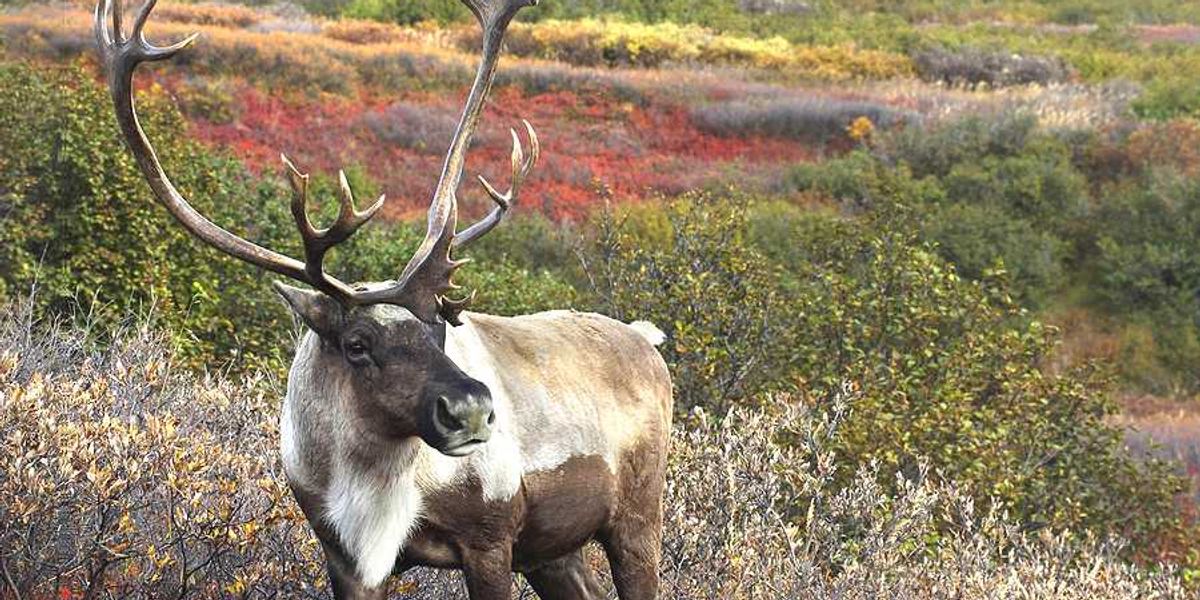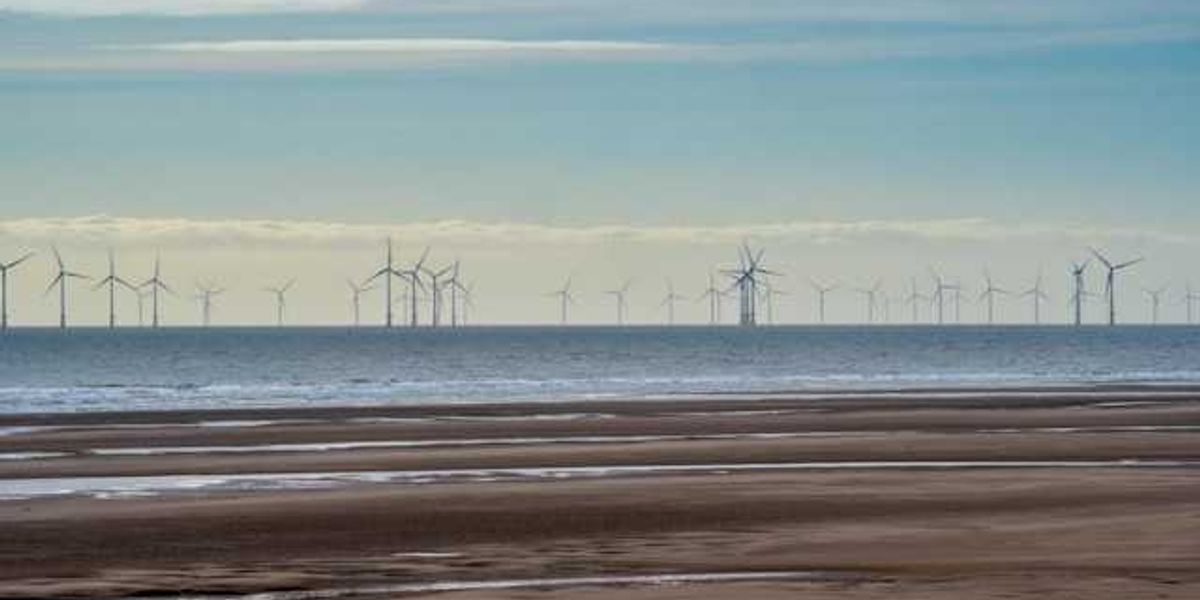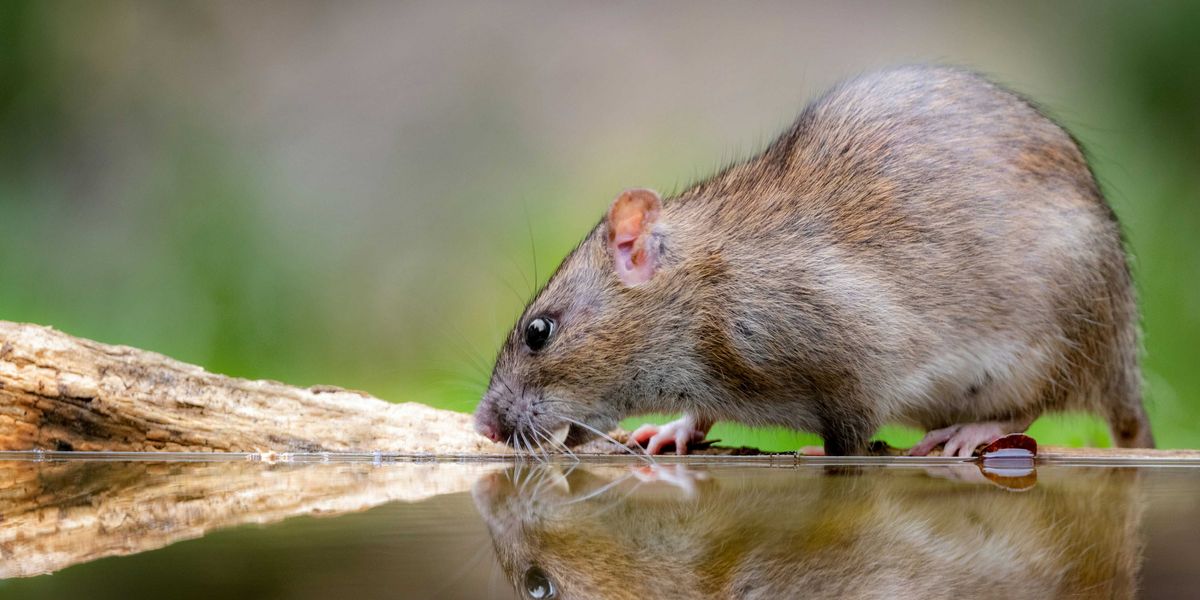Harvard’s public health school faces layoffs and funding chaos after federal grant freeze
More than 130 researchers at the Harvard T.H. Chan School of Public Health lost federal funding after the Trump administration cut grants over the university’s refusal to comply with political demands.
Jenna Russell reports for The New York Times.
In short:
- The Harvard Chan School, which gets nearly 60% of its revenue from federal sources, is scrambling to manage the fallout from a sweeping freeze on research grants, jeopardizing hundreds of jobs and studies.
- The Trump administration justified the freeze by criticizing the university’s focus on equity and alleging mismanagement of antisemitism complaints, while urging Harvard to use its $53 billion endowment instead.
- Long-term public health research on diseases like ALS, tuberculosis, and multiple sclerosis is now in limbo, and some scientists are being recruited by foreign institutions.
Key quote:
“We’re asking faculty, in a very taxing, chaotic time, to also be entrepreneurial, and that’s a tall order for people whose life work is being undone in real time.”
— Amanda Spickard, associate dean, Harvard T.H. Chan School of Public Health
Why this matters:
The collapse of federal funding at one of the nation’s premier public health institutions threatens decades of research, global leadership in biomedicine, and the careers of hundreds of scientists. The Harvard Chan School has long served as a hub for pioneering work on health disparities, chronic disease prevention, and environmental exposures, fields that have real-world impact on policy and public well-being. As political interference shapes science funding, entire areas of inquiry — especially those tied to equity and social determinants of health — face heightened vulnerability. Biomedical research depends on stability and long time horizons, especially for studies tracking diseases over decades. Disruptions now risk wasting past investments and delaying future breakthroughs. And with other countries eager to poach top U.S. talent, the long-standing global leadership of American science hangs in the balance.
Related: Europe steps up funding to attract U.S. scientists facing cuts under Trump













